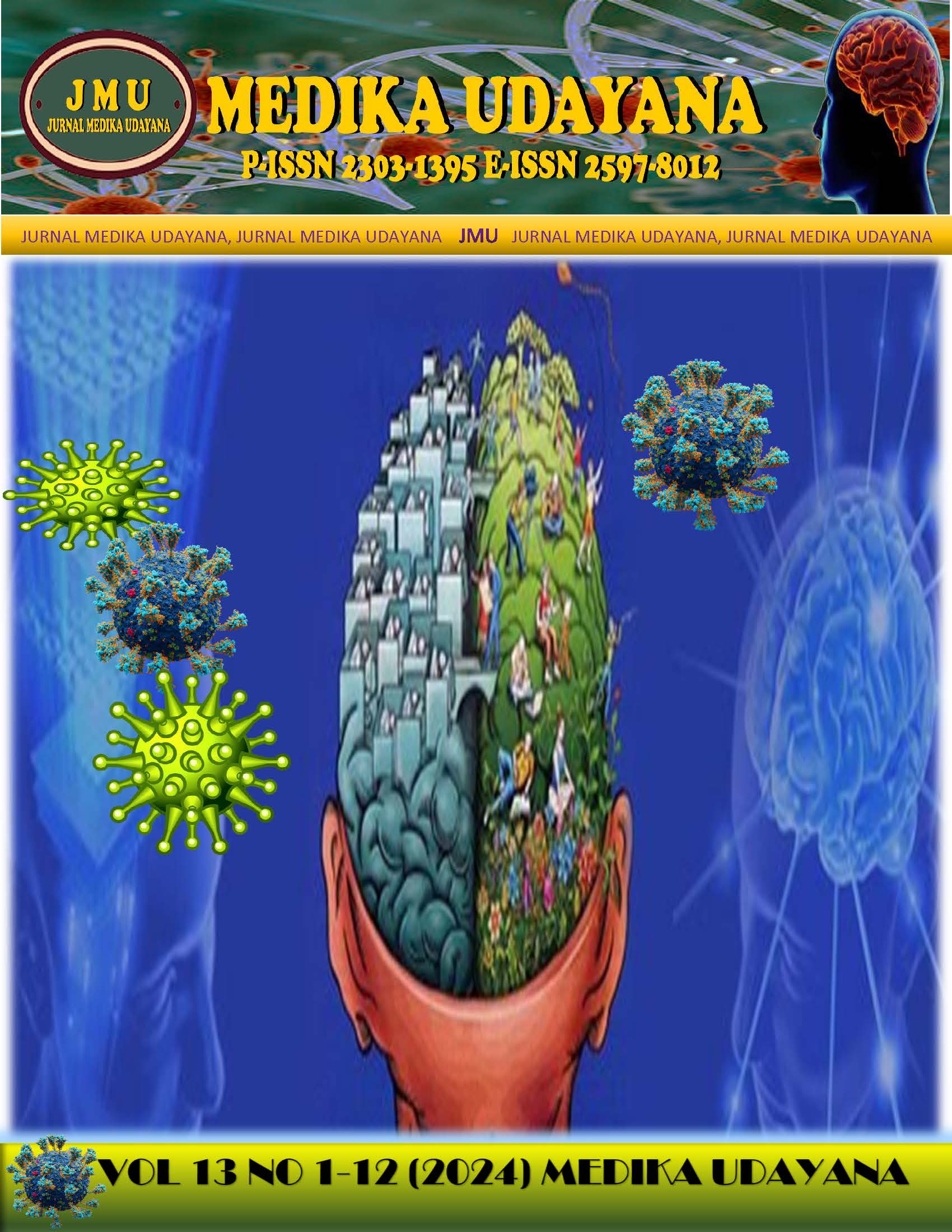The THE CORRELATION OFBODY MASSINDEX AND POST-RESUSCITATION ALBUMIN LEVELS WITHTHE MORTALITY OF BURNPATIENTS AT PROFNGOERAH GENERAL HOSPITAL PERIOD 2020-2022
Abstract
Background: Burn injuries are associated with high mortality and morbidity. The incidence of death resulting from burns can be influenced by various prognostic factors, with nutritional status being a significant contributor. Therefore, assessing nutritional status through the calculation of body mass index (BMI) and post-resuscitation albumin levels becomes imperative.
Purpose: This study aims to explore the correlation between BMI and post-resuscitation albumin levels with the mortality of burn patients at Prof Ngoerah General Hospital during the period 2020-2022.
Methods: This research adopts an observational analytical approach, utilizing a cross-sectional research design and consecutive sampling techniques. The study relies on secondary data, specifically medical records of burn patients. Out of a total of 134 medical records, 100 were selected based on adherence to inclusion and exclusion criteria.
Results: The study reveals median values for age (42.5), BMI of 23.9 and albumin levels 24 hours post resuscitation recorded at 2.235. The Spearman test analysis conducted on 100 samples reveals a notable correlation between these variables and the mortality of burn patients (r = 0.263; PR 1.707; 95% CI 1.163 – 2.504; p = 0.008). The chi-square test analysis regarding the association between post-resuscitation albumin levels and burn patient mortality also demonstrates a significant relationship (PR 2.390; 95% CI 1.358 – 4.207; p = 0.000).
Conclusion: In conclusion, there is a statistically significant association between mortality and both BMI and post-resuscitation albumin levels among burn patients treated at the Prof Ngoerah General Hospital during the period 2020-2022.
Keywords: Post resuscitation albumin, mortality, BMI, burns











